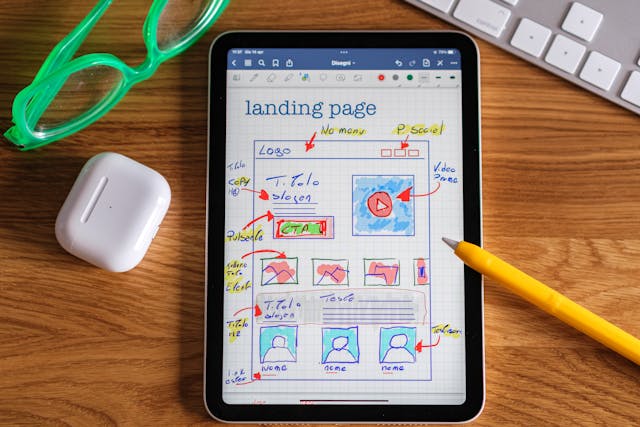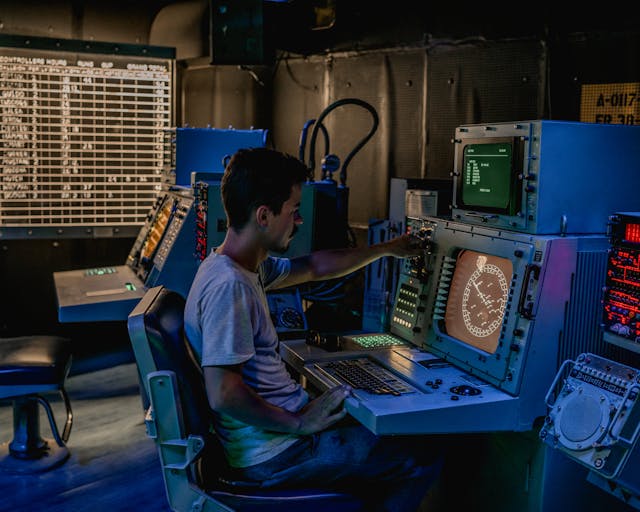
Transforming Classrooms: The Role of Custom Software in Modern Education
The education sector is undergoing a digital transformation. As classrooms evolve, the demand for innovative, tailored software solutions is greater than ever. From managing administrative tasks to enhancing learning experiences, custom software is at the heart of this revolution, empowering educators, students, and institutions alike.
The Shift to Digital Learning
In recent years, the world has witnessed a surge in digital learning adoption. Learning management systems (LMS), e-learning platforms, and virtual classrooms have become staples in modern education. This shift is driven by the need for flexibility, accessibility, and scalability, especially in a post-pandemic world. Custom software has emerged as a game-changer, bridging the gap between traditional teaching methods and modern technological needs.
Custom Software Benefits for Education
Personalized Learning Experiences
Every student learns differently. Custom software can create tailored learning paths based on a student's strengths, weaknesses, and preferences. For instance, adaptive learning platforms use algorithms to provide personalized recommendations, ensuring students get the help they need.Accessibility for All
Inclusivity is a cornerstone of modern education. Software solutions designed with accessibility in mind can cater to students with disabilities, offering features like text-to-speech, closed captions, or interactive Braille systems.Streamlined Administrative Processes
Custom solutions can automate tasks like grading, attendance tracking, and resource allocation, enabling educators to focus on teaching rather than paperwork.
Case Studies in Innovation
Companies are pushing the boundaries of educational software. For example, platforms like Google Classroom and Blackboard have set benchmarks in collaboration and learning management. Meanwhile, startups are leveraging technologies like artificial intelligence (AI) and augmented reality (AR) to create immersive learning environments.
Future of Custom Software in Education
Looking ahead, the integration of AI, machine learning, and Big Data will redefine how education software operates. Predictive analytics could help educators identify struggling students before issues escalate. Immersive tools like AR/VR may soon become standard in classrooms, offering hands-on experiences that traditional methods can’t match.
Partnering for Success
Custom software is no longer a luxury for educational institutions—it’s a necessity. By partnering with a skilled software development company, institutions can harness technology to transform education. Whether it’s a platform for online learning or a tool for gamified education, the possibilities are endless.






(0) Comment